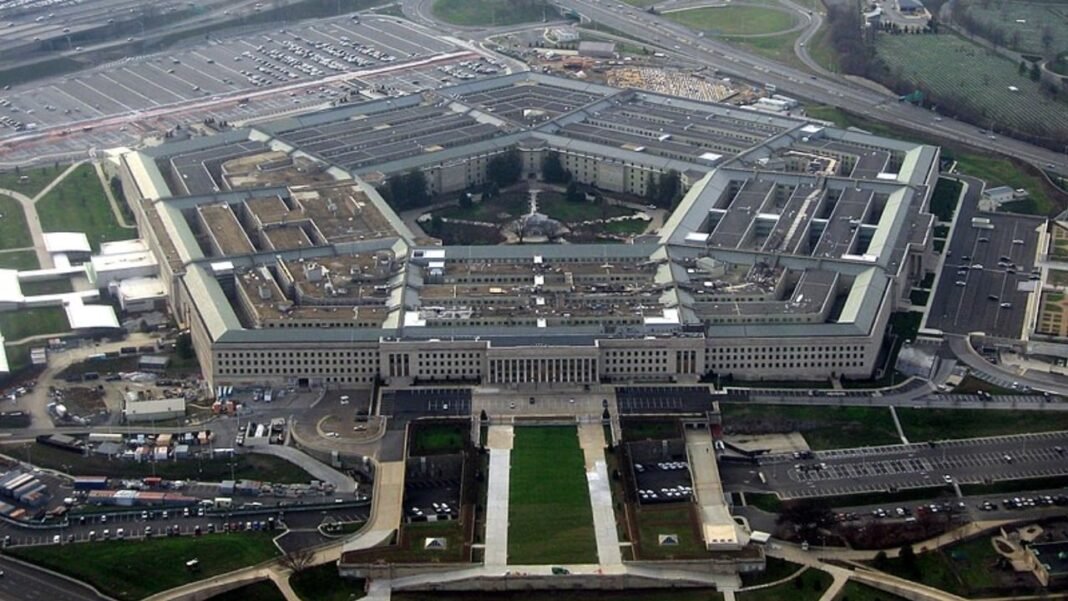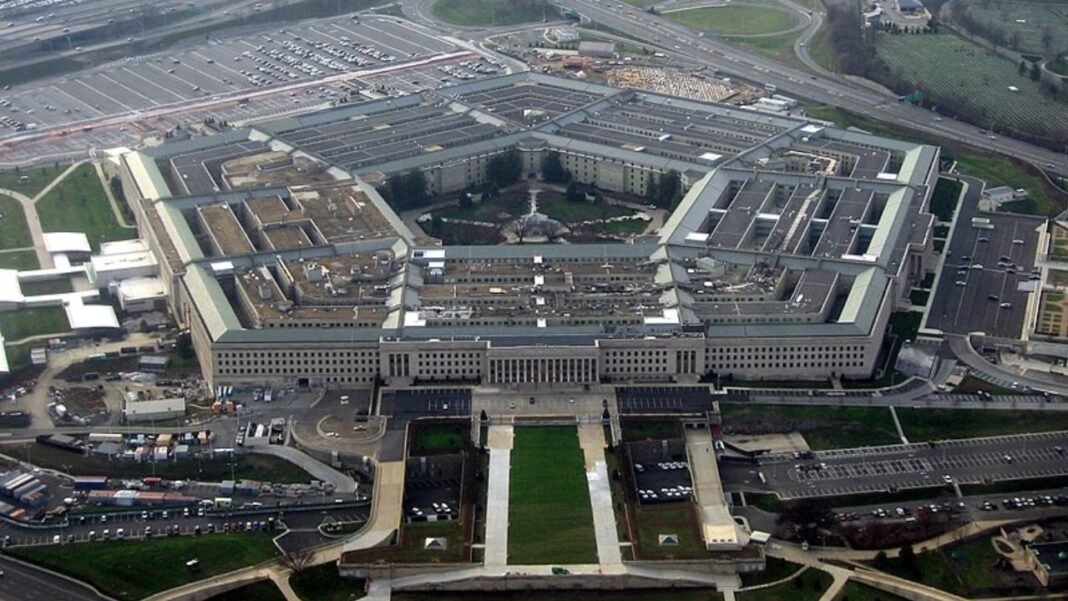
Greece’s Minister of Migration and Asylum, Thanos Plevris, has made public a detailed list of 26 non-governmental organizations (NGOs) that have received public funding for migration and asylum-related activities. The disclosure, submitted to Parliament, outlines each organization’s allocation and source of funding, part of a wider government effort to enhance transparency in how European and national funds are distributed.
According to official data from the Ministry of Migration and Asylum, the total amount allocated to NGOs working in these sectors amounts to €191.7 million ($223 million). The funds support programs in housing, accommodation, psychosocial care, education, legal aid, and the social inclusion of migrants and refugees.
Funding sources and distribution
The bulk of the funding comes from the Asylum, Migration and Integration Fund (AMIF) for the 2021–2027 programming period, which accounts for €175 million ($203 million). The fund is co-financed by the European Union and national resources.
Additional support comes from the European Economic Area Financial Mechanism (EEA Grants) for 2014–2021, which provided €16.67 million ($19.40 million), and from foreign donations and contributions totaling €50,099 ($58,193).
Together, these resources underpin a range of initiatives focused on shelter, education, social reintegration, and protection for migrants and asylum seekers across Greece.
The 26 funded NGOs in Greece
The Ministry’s report lists 26 NGOs registered under the official NGO Registry, a framework designed to ensure transparency, accountability, and compliance with financial oversight standards.
The beneficiaries and total approved funding are as follows:
- Praksis (Programs for Development, Social Support & Medical Cooperation): €7,221,243 ($8.39 million)
- Solidarity Now: €2,092,102 ($2.43 million)
- Arsis – Association for the Social Support of Youth: €22,481,664 ($26.150 million)
- Educational Development Pilot AMKE: €365,464 ($425,000)
- EKPOM Nostos (Organization for the Social and Cultural Support of Repatriates): €12,945,277 ($15 million)
- Iliaktida AMKE (Lesvos): €18,412,218 ($21.4 million)
- Metadrasi – Action for Migration and Development: €20,832,142 ($24.2 million)
- Faros Elpidas (Beacon of Hope): €6,663,873 ($7.7 million)
- Chania Development Partnership: €139,884 ($161,695)
- Association for the Care of Minors and Youth: €2,549,714 ($2.9 million)
- SOS Children’s Villages Greece: €1,498,188 ($1.74 million)
- Catholic Relief Services (U.S. Conference of Catholic Bishops – Greece Branch): €31,804,342 ($36.9 million)
- Hopeten AMKE: €2,494,876 ($2.9 million)
- The Home Project AMKE: €9,874,317 ($11.4 million)
- Epirus Youth Center AMKE: €4,723,430 ($5.4 million)
- Apostoli AMKE (NGO of the Church of Greece): €1,614,135 ($1.87 million)
- International Center for Sustainable Development (ICSD): €11,547,236 ($13.4 million)
- Hellenic Red Cross: €7,609,638 ($8.8 million)
- European Society for Policy Expression and Institutions (EKPETHE): €9,042,449 ($10.5 million)
- Zeuxis NGO: €6,354,203 ($7.3 million)
- Medical Intervention NGO: €4,677,441 ($5.4 million)
- KEAN (Cell of Alternative Youth Searches): €6,631,584 ($7.7 million)
- Hellenic Social Emergency Aid Unit: €18,342,750 ($21.3 million)
- Syniparxis – Ecumenical Refugee Program: €20,899,959 ($24.3 million)
- The Smile of the Child: €381,653 ($443,858)
- Dynamis Zois AMKE: €460,192 ($535,198)
The Ministry noted that these figures exclude programs managed directly by international organizations, such as the International Organization for Migration (IOM) and the UN Refugee Agency (UNHCR), even when such projects involve NGO partnerships.
Transparency and accountability measures
Responding to a parliamentary question by MP Dimitris Natsios, Minister Plevris highlighted the government’s commitment to ensuring full transparency in how migration-related funding is managed.
“The public has the right to know where European resources are directed and who manages them,” Plevris said, emphasizing that the publication of the list is part of a broader effort to strengthen public trust and oversight.
According to the Ministry, Greece has already implemented a transparency mechanism enabling citizens to access data on allocations, beneficiaries, and program objectives, marking a major shift toward open governance in migration management.
Reforms in NGO oversight framework in Greece
The government also plans to tighten the rules governing the registration and monitoring of NGOs. Under forthcoming legislative changes, additional entities such as local authorities, academic institutions, and social enterprises may also become eligible for migration-related funding, currently limited to NGOs.
The Ministry intends to enhance the frequency and scope of audits, ensuring that only organizations meeting rigorous governance and financial criteria remain in the national registry.
Audit and compliance procedures
According to the Management and Control System (Joint Ministerial Decision 19976/2024, Official Gazette B΄4817), every NGO proposal undergoes a thorough vetting process before approval.
This review includes checks on:
- The organization’s track record and operational capacity
- The relevance of its statutes to the proposed activities
- Registration in national and EU registries
- The criminal background of legal representatives
- Declaration of beneficial ownership
- Adherence to public procurement and financial compliance rules
Once projects are approved, both administrative and on-site inspections are carried out to assess financial accuracy, technical performance, and physical implementation.
If irregularities are identified, authorities may impose financial corrections, recover funds, or revoke the funding decision entirely. All such actions are published on the government’s “Diavgeia” transparency platform, accessible to the public.
Furthermore, citizens may file complaints triggering investigations under Article 50 of the same ministerial decision in accordance with the Ministry’s official Procedures Manual.
Balancing oversight and cooperation
As Greece continues to manage migration pressures, the government’s focus on transparency and compliance marks a new phase in its relationship with civil society. NGOs remain vital partners in delivering humanitarian aid, education, and integration programs but are now subject to stricter accountability requirements.
The release of the full funding list not only sheds light on how nearly €192 million ($207 million) in public funds are spent, but also signals Greece’s broader intent to modernize and professionalize its approach to migration governance, combining transparency, oversight, and trust.


